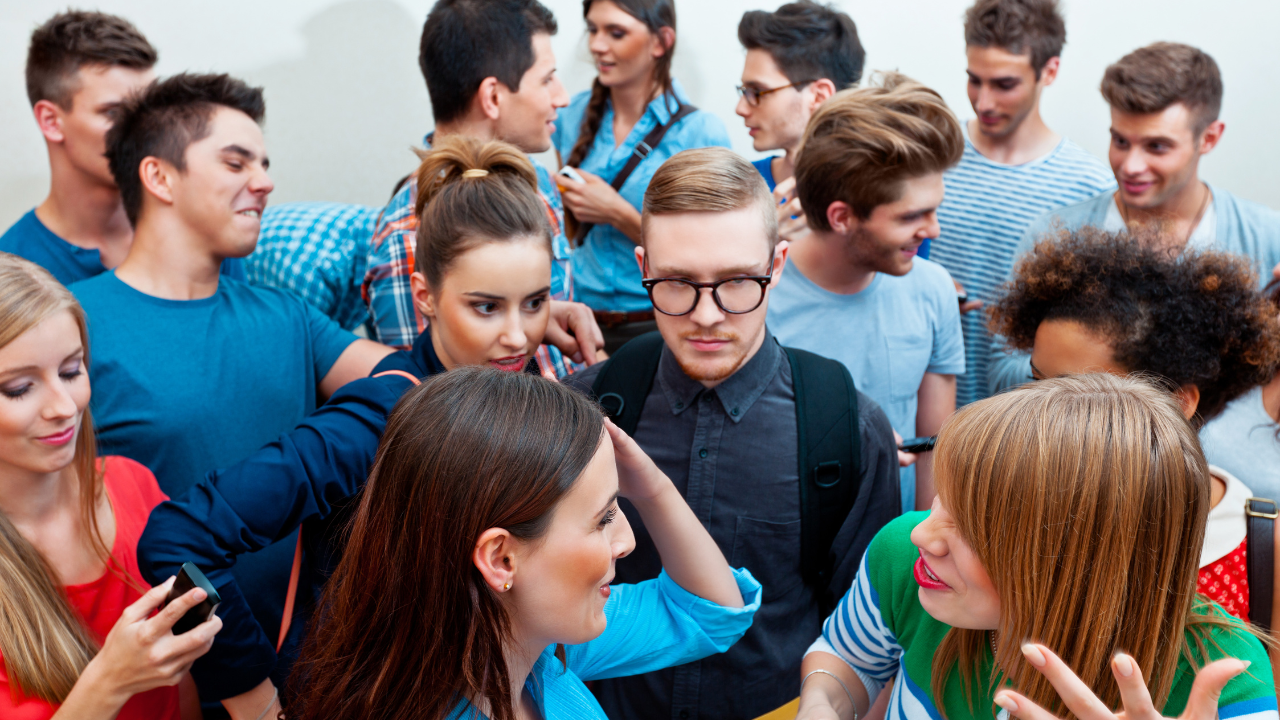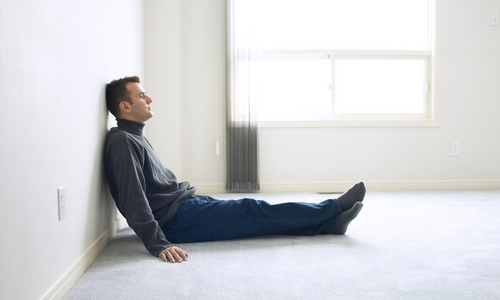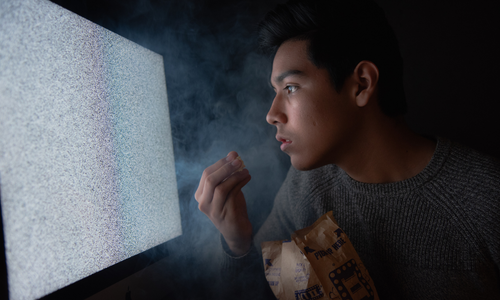Difficult Emotions in Social Situations | Part 2 of 2

Issue No. 17 | Brought to you by the Addiction Reset Community – ARC
Unlocking the secrets of processed food addiction and guiding you to find freedom from food and weight obsession.

In the last issue of this newsletter, we looked at two of the top four most difficult emotions that people may experience in group settings. We acknowledged that having negative feelings at gatherings happens to many people for different reasons. You are not alone in this. In this issue, we look at the top 2 emotions on that list.
I Feel Tired in Social Situations
Feeling number 2 is Tired. We've all been there. We finally reach the social event, and the processed foods have exhausted us. Or we decide that we're going to let down our guard and go ahead and eat processed foods.
And Boom!

Processed foods can drain us within 20 minutes of consumption. Maybe we arrived in good spirits, but 20 minutes after the first drink or bite, we're tired on all levels. We're tired physically and need to sit down. We're exhausted intellectually and need to avoid having to gather our thoughts to talk. We're tired emotionally and need to get away from the exhausting hubbub. And we're tired spiritually. We've been fighting the food fight for a long time, and we don't know how much longer we're going to be able to keep it up.
It may be that we've been tired on all levels without really recognizing it. We've been running on fumes so often that we think it's normal. It may be that joining into a social gathering lets us relax enough to feel the exhaustion. It hits us hard.
It's OK to go home early. Maybe we feel disappointed because we were looking forward to the party. But really? We don't need to be around that much-processed food and drink for that long. And, we'll have a much more meaningful conversation with the people we wanted to see if we make arrangements to see them in a calm environment at another time. We can connect on a quiet walk or over a brown bag lunch in the park. This will be a more lasting and valuable memory than trying to shout at someone over the din of a party.

I Feel Insecure in Social Situations
The number 1 feeling that people feel in gatherings is insecure. Wow, this is so understandable on so many levels. It's so understandable that it could be normal. Here's how it works.
We live in a culture where neuro-marketers are allowed to wear us down. Commercial messages are generally about how stressed we are and what is wrong with us. Neuro-marketers do this deliberately to set us up to think that we would feel better if we spent money on their products.

Of course, this kind of 'not-good-enough' advertising erodes our self-esteem. In more and more cases, the loss of self-esteem is becoming more and more severe. So when we arrive at a gathering, it's not surprising that in the face of so many people, our battered self-esteem comes to the fore and we feel insecure.
This may come as a surprise, but we may also feel insecure because a lot of people at the gathering are also feeling insecure. Everyone is exposed to neuro-marketing so low self-esteem is now an epidemic. Combining low self-esteem with the epidemic of isolating and it's easy to see that we could also feel insecure because our social skills are rusty.
There is a fun and easy fix to low self-esteem at an event. Arrange to get on the phone with a trusted friend before the event. Share lots of things that you like about that person and let them fill you up with what they like about you. After such an uplifting call, you'll walk into the event with your great qualities uppermost in your mind. You'll be happy to see people. You'll energize them with your positive beaming self.
Go for it!
Treat Yourself Well
Today's bottom line message is to be gentle with yourself. There are many reasons that social gatherings don't work anymore. It's OK to avoid them. It's OK to go for a short time, see the people that you want to and then go home with your reason and food plan intact.
We don't have to go anywhere that we don't enjoy. We don't have to please someone else at the expense of taking good care of ourselves.


Within the Addiction Reset Community (ARC) our members and their journeys are important to us. We find their stories inspiring and hopeful for everybody in health recovery.
“I am amazed that Dr Ifland herself is on so many of the daily video chats and phone calls. I feel like her expertise points me in the right direction so if I try something, it will work. I also feel safer knowing that my Advocate and the meeting hosts have been trained by her and follow her expertise. I'm tired of amateurs trying to get me to do stuff that worked for them but doesn’t work for me. I get to be myself. I don't have to fit into someone else's box. I'm moving forward every day because there's nothing to rebel against.”

Many people reach out to Joan asking for advice and assistance on how they can begin their recovery journey.
Dear Joan:
I used to have racing thoughts a lot. I just thought that was who I was. I never imagined that this would go away once I was able to eat clean and retrain my brain. Could you explain why processed foods cause racing thoughts?
Joan responds:
Processed foods increase stress levels and at the same time, increase cravings. Hyperactive stress and craving brain cells release a lot of neurotransmitters in the brain. This can create a lot of unrelenting, and sometimes incoherent, thoughts.
DISCLAIMER:
Dr Joan Ifland (PhD) is a global expert on the subject of processed food addiction and is not a medical doctor. Information and response shared in this Newsletter are not intended for, and should not be construed as medical advice.

Do you have a question? Reach out to us with your questions about food addiction and recovery at gethelp@foodaddictionreset.com
Are you showing signs of Processed Food Addiction? Take this self-quiz to find out now!
Recent copies of Dr Joan Ifland's Blog:
Issue 01 | Issue 02 | Issue 03 | Issue 04 | Issue 05 | Issue 06 | Issue 07 | Issue 08 | Issue 09 | Issue 10 | Issue 11 | Issue 12 | Issue 13 | Issue 14 | Issue 15 | Issue 16

